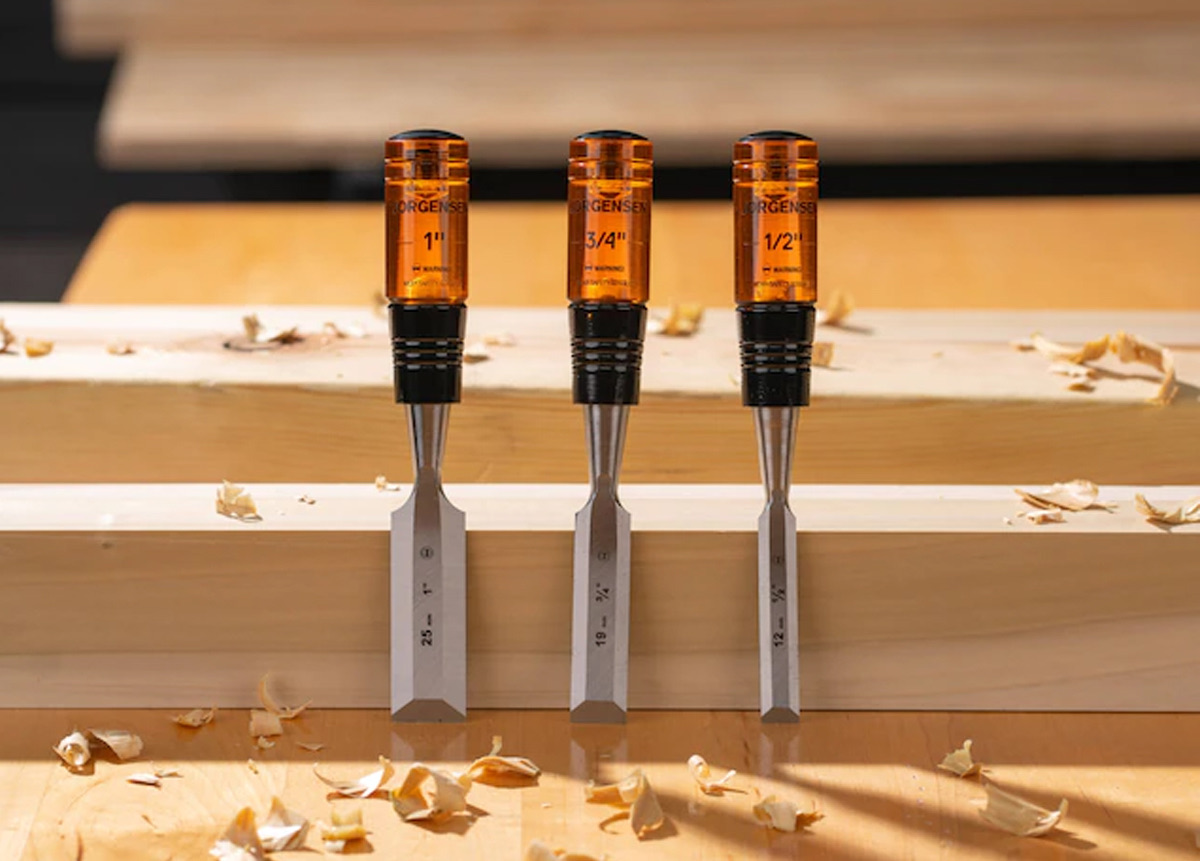

Articles
What Hand Tools Do I Need For Woodworking
Modified: December 7, 2023
Discover the essential hand tools needed for woodworking in this comprehensive article. From chisels to saws, learn what tools are crucial for your woodworking projects.
(Many of the links in this article redirect to a specific reviewed product. Your purchase of these products through affiliate links helps to generate commission for Storables.com, at no extra cost. Learn more)
Introduction
Woodworking is a rewarding and fulfilling hobby or profession that allows you to create beautiful and functional pieces from scratch. Whether you’re a seasoned woodworker or just starting out, having the right hand tools is essential to ensure accurate and precise work. While power tools have their place in woodworking, hand tools offer a level of precision and control that can’t be replicated.
In this article, we will explore the essential hand tools that every woodworker should have in their arsenal. From measuring and marking tools to cutting, shaping, and finishing tools, we will cover everything you need to know to equip yourself for successful woodworking projects.
Key Takeaways:
- Essential hand tools for woodworking include measuring and marking tools, cutting tools, shaping and smoothing tools, joining tools, holding and clamping tools, and finishing tools. Investing in high-quality tools is crucial for accurate and precise woodworking projects.
- Prioritize safety when using hand tools for woodworking. Always wear protective gear, maintain your tools for optimal performance, and work with precision to achieve professional results. With the right tools and safety measures, your woodworking projects will shine.
Read more: What Hand Tools Do I Need As A Mechanic
Essential Hand Tools for Woodworking
When it comes to woodworking, having the right hand tools is crucial for achieving professional results. Here are the essential hand tools that every woodworker should have:
- Measuring and Marking Tools: Accurate measurements and precise markings are the foundation of successful woodworking projects. A tape measure, combination square, marking gauge, and a good set of marking knives or pencils are essential tools for measuring and marking your wood accurately.
- Cutting Tools: Whether you’re making rough cuts or fine, intricate cuts, a set of high-quality cutting tools is a must. A sharp, reliable handsaw, a coping saw for curved cuts, and a set of chisels for more detailed work are essential tools for any woodworker.
- Shaping and Smoothing Tools: To shape and smooth your wood pieces, you’ll need a variety of hand tools. A block plane, a spokeshave, and rasps are important shaping tools, while a set of sandpapers in various grits will help you achieve a smooth finish.
- Joining Tools: Joinery is an important aspect of woodworking, and having the right tools for this task is crucial. A set of high-quality chisels, a mallet, a dovetail saw, a coping saw, and a mortise and tenon jig are some of the tools you’ll need for creating strong and precise joints.
- Holding and Clamping Tools: Holding your workpiece securely in place is essential for accurate and safe woodworking. A bench vise, clamps of various sizes, and a holdfast will ensure that your workpiece stays in place while you work on it.
- Finishing Tools: To achieve a professional-looking finish on your woodworking projects, you’ll need a variety of finishing tools. A card scraper, a smoothing plane, sandpaper, and brushes or applicators for stains and finishes are essential tools for adding the final touches to your work.
Investing in high-quality hand tools is a wise decision for any woodworker. While the initial cost may be higher, these tools will last longer and provide better results compared to cheaper alternatives. Additionally, taking the time to care for and maintain your hand tools will ensure that they continue to perform optimally for years to come.
Measuring and Marking Tools
Measuring and marking tools are the foundation of accurate woodworking. These tools allow you to measure the dimensions of your wood pieces and make precise markings for cuts and joinery. Here are some essential measuring and marking tools for woodworking:
- Tape Measure: A tape measure is a versatile tool that allows you to measure the length, width, and thickness of your wood pieces. Look for a tape measure with clear markings and a reliable locking mechanism.
- Combination Square: A combination square is a must-have tool for woodworking. It consists of a ruler and a perpendicular blade that can be adjusted to different angles. This tool is perfect for marking 90-degree angles and transferring measurements.
- Marking Gauge: A marking gauge is used to create accurate lines and markings on your wood pieces. It consists of a beam and a cutting wheel or blade that can be adjusted to the desired measurement. This tool is essential for marking lines for joinery and precise cuts.
- Marking Knives or Pencils: Marking knives or pencils are used to make fine and precise markings on your wood pieces. A marking knife creates a thin, shallow cut that serves as a guide for your saw or chisel. Pencils are great for marking larger areas or rough measurements.
When using measuring and marking tools, it’s important to ensure accuracy. Take your time to double-check your measurements and use a sharp pencil or knife for precise markings. Additionally, keep your measuring and marking tools clean and well-maintained to ensure accurate and reliable measurements.
Cutting Tools
Cutting tools are essential for shaping and removing material from your wood pieces. From rough cuts to precise, intricate cuts, having the right cutting tools will greatly enhance your woodworking projects. Here are some essential cutting tools for woodworking:
- Handsaw: A handsaw is a versatile tool that allows you to make straight and angled cuts in wood. Look for a handsaw with a comfortable grip and fine-toothed blade for smoother cuts.
- Coping Saw: A coping saw is a versatile tool that allows you to make curved cuts in wood. Its thin, flexible blade makes it perfect for cutting intricate designs or following curved lines.
- Chisels: Chisels are essential tools for woodworking. They are used for cutting, shaping, and carving wood. Invest in a set of high-quality chisels of various sizes to cover a wide range of woodworking tasks.
When using cutting tools, it’s important to prioritize safety. Always wear appropriate safety gear such as safety goggles and gloves to protect yourself from flying debris. Keep your cutting tools sharp and well-maintained for optimal performance and safety.
Shaping and Smoothing Tools
Shaping and smoothing tools are essential for achieving the desired shape and finish on your wood pieces. These tools allow you to remove material, smooth rough surfaces, and create intricate details. Here are some essential shaping and smoothing tools for woodworking:
- Block Plane: A block plane is a versatile tool used for shaping and smoothing wood surfaces. It is perfect for removing small amounts of material and chamfering edges.
- Spokeshave: A spokeshave is a hand tool used for shaping concave or convex surfaces. It consists of a blade and handles that allow you to control the shaping process.
- Rasps: Rasps are coarse and rough files used for shaping and smoothing wood. They are particularly useful for removing material quickly and shaping curved surfaces.
In addition to these shaping tools, sandpaper is an essential tool for smoothing your wood pieces. Invest in a variety of sandpaper grits, from coarse to fine, to achieve the desired smoothness. Sanding blocks or sanding sponges can also help you maintain a flat and even surface.
When using shaping and smoothing tools, always work with the grain of the wood to prevent tear-out and achieve a smooth finish. Take your time and make gentle, controlled strokes to avoid removing too much material at once.
Invest in high-quality hand tools such as a chisel set, hand saw, block plane, and combination square. These tools will cover a wide range of woodworking tasks and provide precision and control.
Read more: What Tools Do I Need For Woodworking
Joining Tools
Joining tools are essential for connecting wood pieces together and creating strong and durable joints. These tools allow you to create clean and precise connections that will ensure the structural integrity of your woodworking projects. Here are some essential joining tools for woodworking:
- Chisels: Chisels are versatile tools that are not only used for shaping and carving wood but also for creating joinery. They are essential for removing waste material and creating clean and precise mortises, tenons, and other joinery elements.
- Mallet: A mallet is a tool used in conjunction with chisels and other striking tools. It provides controlled force to drive chisels into wood and create precise joinery connections.
- Dovetail Saw: A dovetail saw is a specialized hand saw designed for cutting dovetail joints, which are widely used in woodworking for their strength and aesthetic appeal.
- Coping Saw: A coping saw, mentioned earlier as a cutting tool, is also a valuable tool for creating joinery connections. It is often used for cutting curves and removing waste material in intricate joints.
- Mortise and Tenon Jig: A mortise and tenon jig is a tool that helps you create precise mortise and tenon joints. It ensures that the joints are cut at the correct angles and dimensions, resulting in strong, snug-fitting connections.
When using joining tools, precision is key. Take the time to carefully mark and measure your joinery cuts and use sharp tools for clean and accurate results. Additionally, practice proper technique and ensure a solid and stable work surface for optimal results.
Holding and Clamping Tools
Holding and clamping tools are essential for securing your workpiece in place during woodworking. They provide stability, allowing you to work with precision and accuracy. Here are some essential holding and clamping tools for woodworking:
- Bench Vise: A bench vise is a versatile tool that can be mounted to your workbench. It provides a strong grip on your workpiece, allowing you to work on it from various angles and perform tasks such as sawing, chiseling, and sanding.
- Clamps: Clamps come in various sizes and styles and are crucial for holding your workpiece together or securing it to your workbench. They can be used for tasks such as gluing, assembly, and applying pressure during drying or curing.
- Holdfast: A holdfast is a traditional clamping tool that is inserted into a hole in your workbench. It provides a secure grip, allowing you to hold your workpiece firmly while working on it. Holdfasts are particularly useful for hand tool work, such as planing or carving.
When using holding and clamping tools, make sure to position them in a way that provides proper support and prevents movement or slippage of the workpiece. Apply even pressure and avoid overtightening to prevent damage to your wood pieces.
Having a range of different clamps and a sturdy bench vise will greatly enhance your woodworking experience and allow you to work more efficiently and accurately.
Finishing Tools
Finishing tools are essential for adding the final touches to your woodworking projects, creating a smooth and professional-looking finish. These tools help you achieve the desired aesthetics and protect your wood pieces from damage. Here are some essential finishing tools for woodworking:
- Card Scraper: A card scraper is a versatile tool used for smoothing wood surfaces. It is great for removing small imperfections, leveling uneven areas, and preparing the surface for staining or finishing.
- Smoothing Plane: A smoothing plane is a hand tool used for achieving a smooth and even surface on your wood pieces. It helps to remove any remaining rough spots or tool marks, resulting in a flawless finish.
- Sandpaper: Sandpaper is a must-have tool for achieving a smooth finish. It comes in various grits, from coarse to fine, allowing you to gradually refine the surface of your wood pieces. Be sure to sand with the grain for the best results.
- Brushes or Applicators: Brushes or applicators are used for applying stains, varnishes, or finishes to your wood pieces. Choose brushes with soft bristles that won’t leave streaks or brush marks on the surface, or consider using foam or cloth applicators for a smooth application.
When using finishing tools, take your time and work methodically to ensure an even application and a flawless finish. Practice proper sanding techniques and make sure each coat of stain, varnish, or finish is completely dry before applying the next layer.
Remember, the quality of your finishing tools and materials plays a significant role in the final result, so invest in high-quality products for the best outcomes. A well-executed finish will enhance the beauty of your woodworking projects and protect them for years to come.
Conclusion
Having the right hand tools is vital for successful woodworking. The essential hand tools discussed in this article, from measuring and marking tools to cutting, shaping, and finishing tools, provide the foundation for accurate and precise work. While power tools have their advantages, hand tools offer a level of control and precision that is invaluable in woodworking.
Investing in high-quality hand tools will not only improve the quality of your work but also ensure their longevity. By properly maintaining your hand tools, they will serve you well for many years, allowing you to tackle a wide range of woodworking projects with confidence.
Remember to prioritize safety when working with hand tools. Always wear appropriate protective gear, such as safety goggles and gloves, and practice proper technique to prevent accidents and injuries.
Whether you’re a hobbyist or a professional woodworker, having the essential hand tools for woodworking will greatly enhance your craft. So, equip yourself with these tools, and let your creativity and passion for woodworking shine through in every project you undertake!
Frequently Asked Questions about What Hand Tools Do I Need For Woodworking
Was this page helpful?
At Storables.com, we guarantee accurate and reliable information. Our content, validated by Expert Board Contributors, is crafted following stringent Editorial Policies. We're committed to providing you with well-researched, expert-backed insights for all your informational needs.
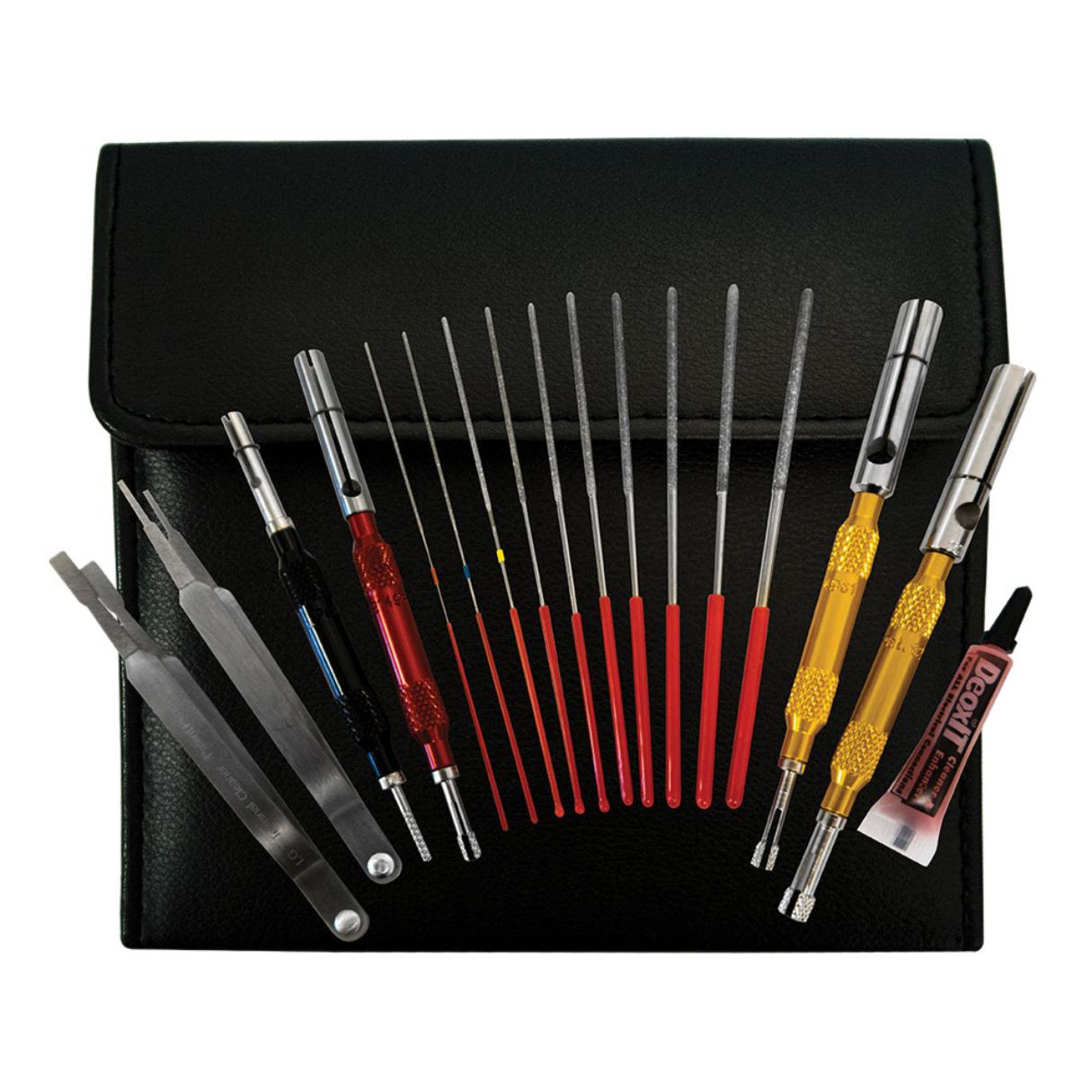
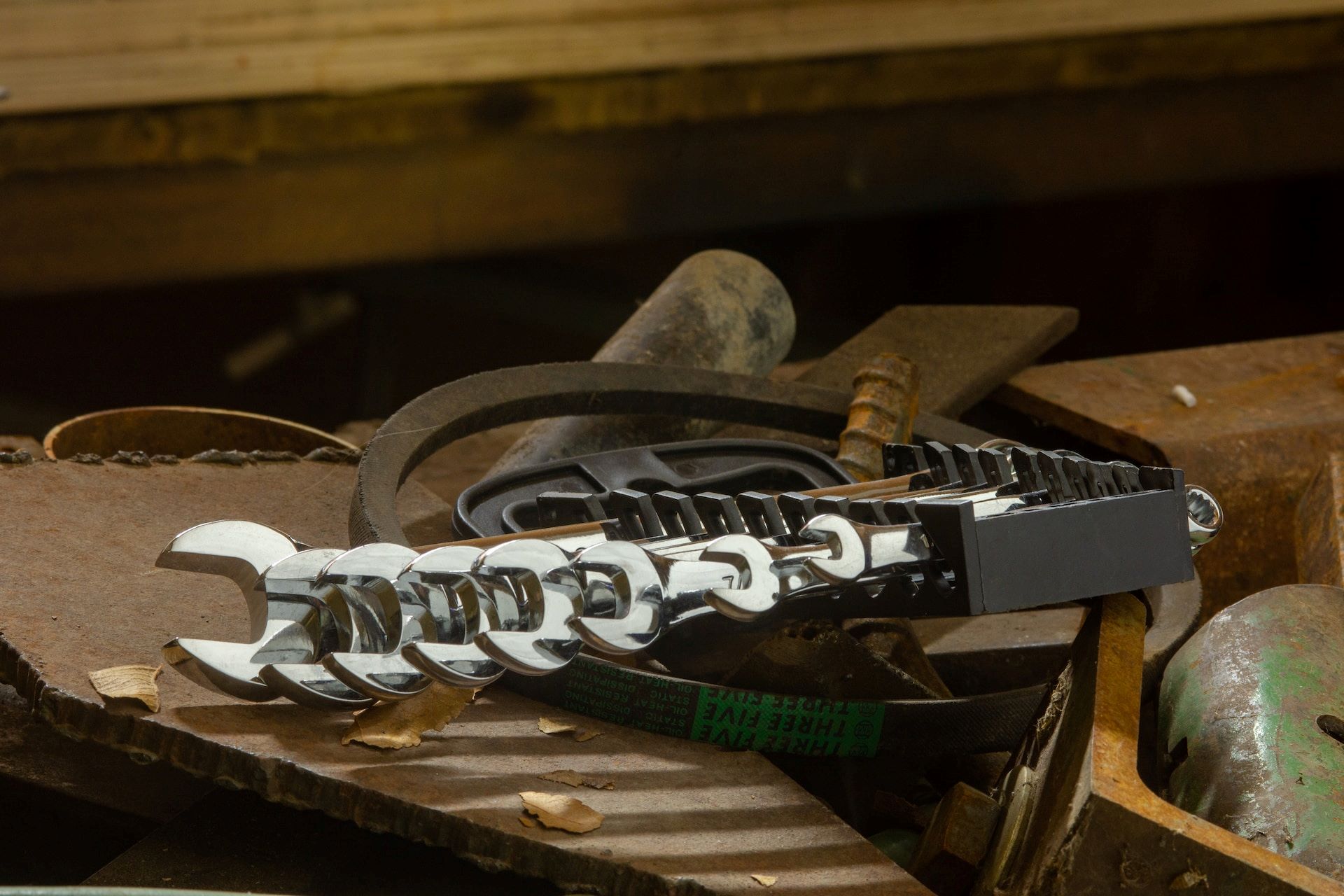

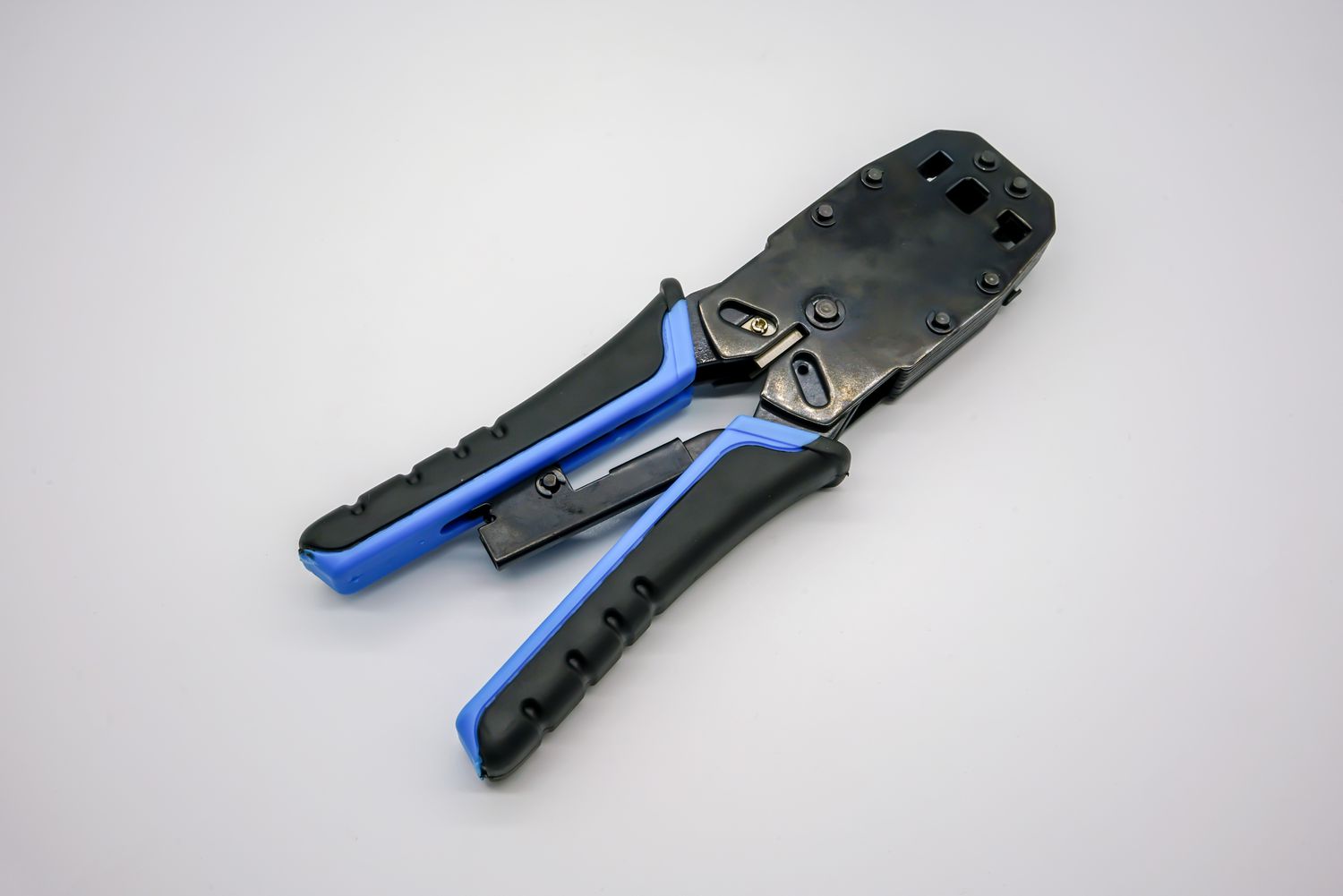
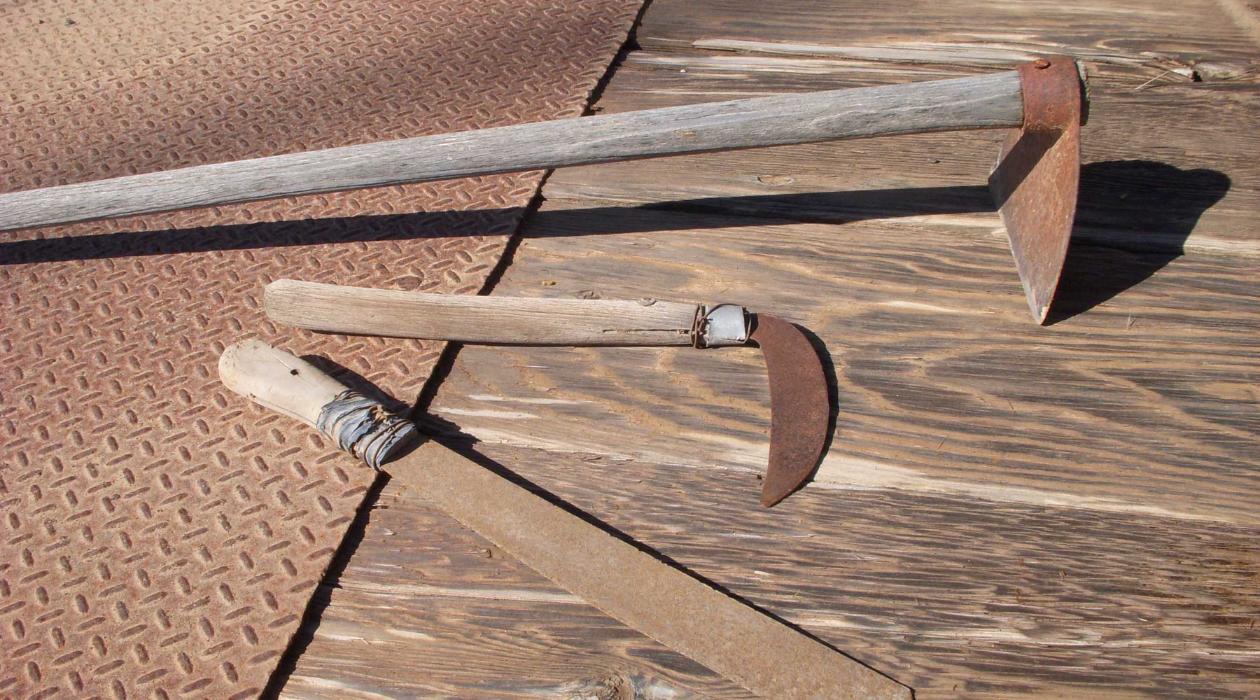
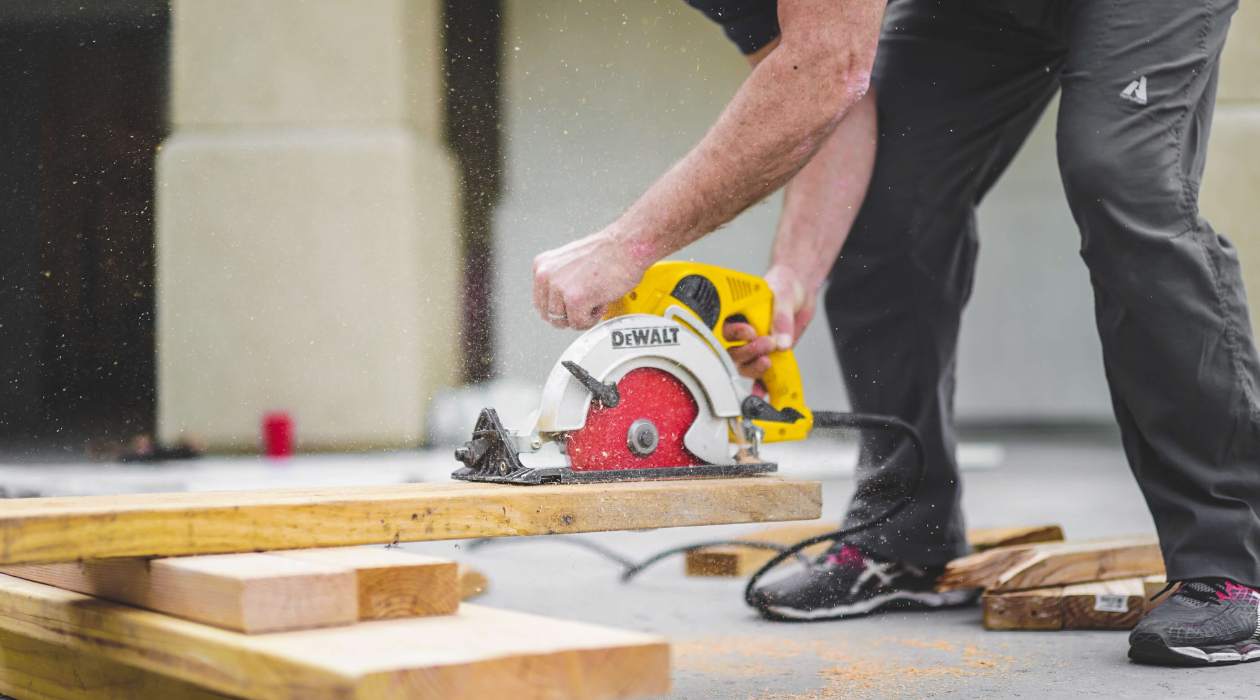
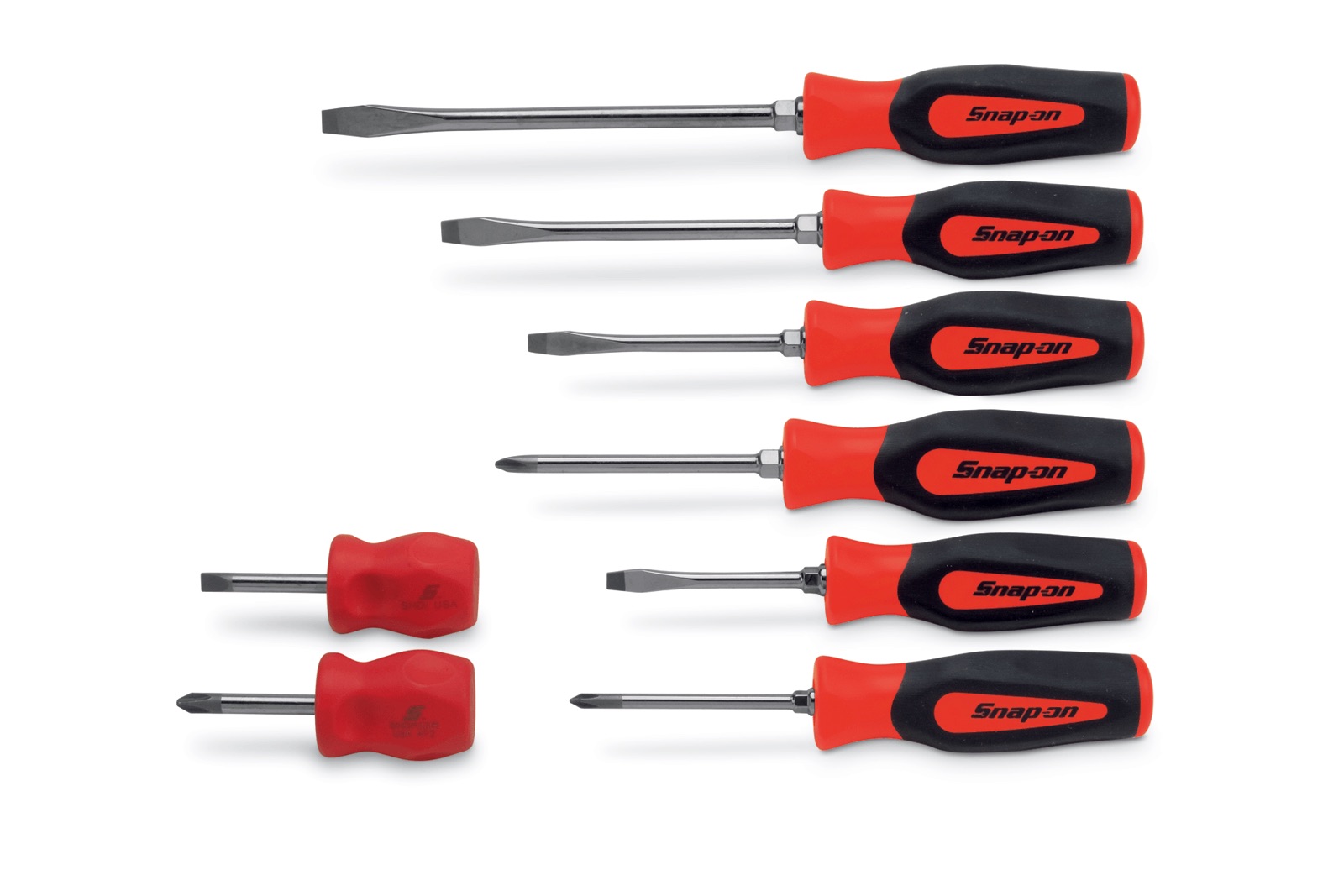
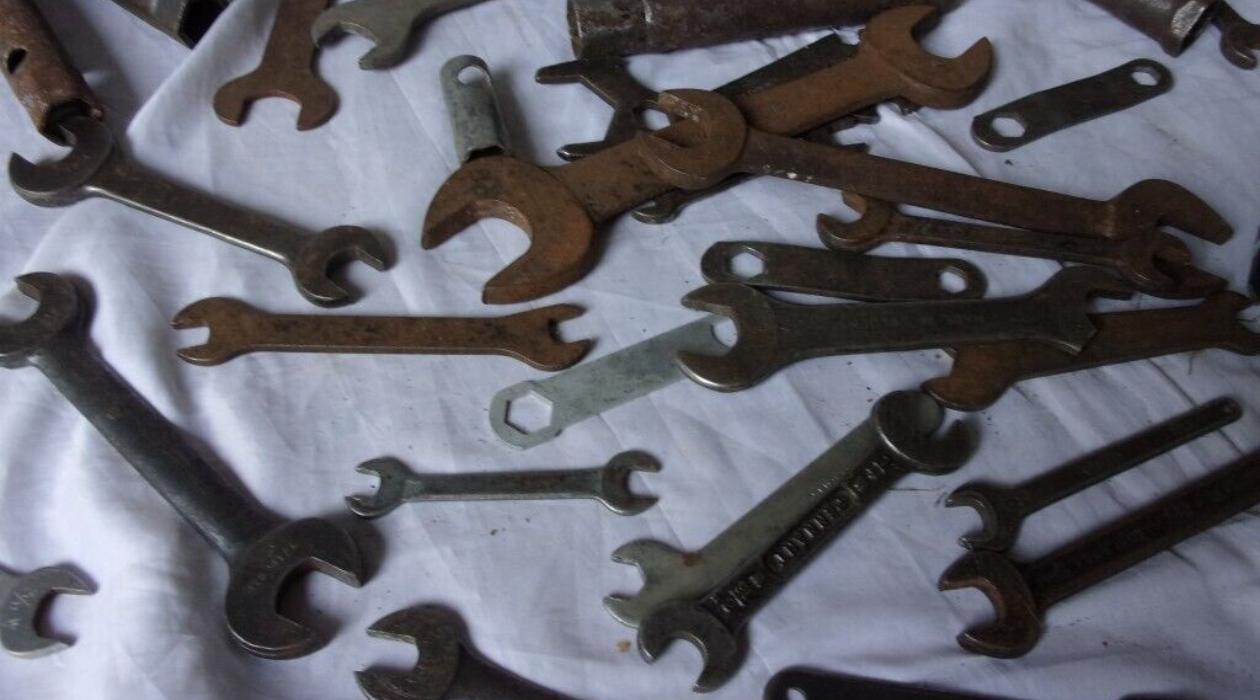
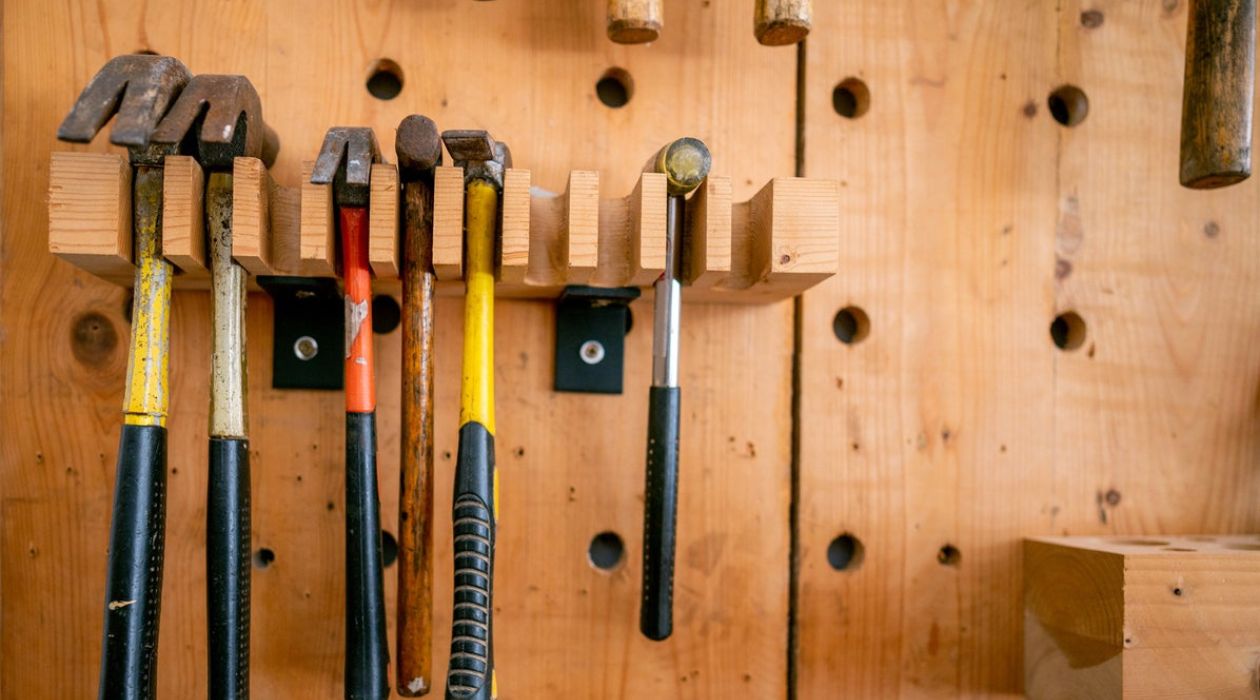
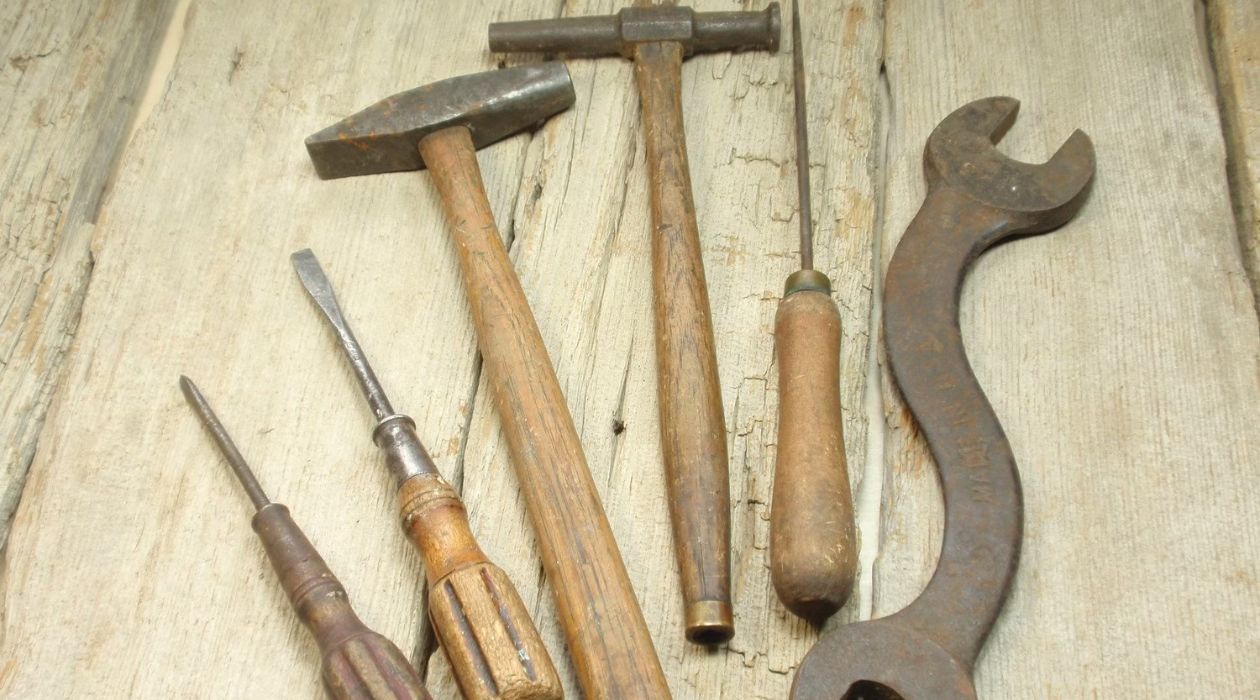
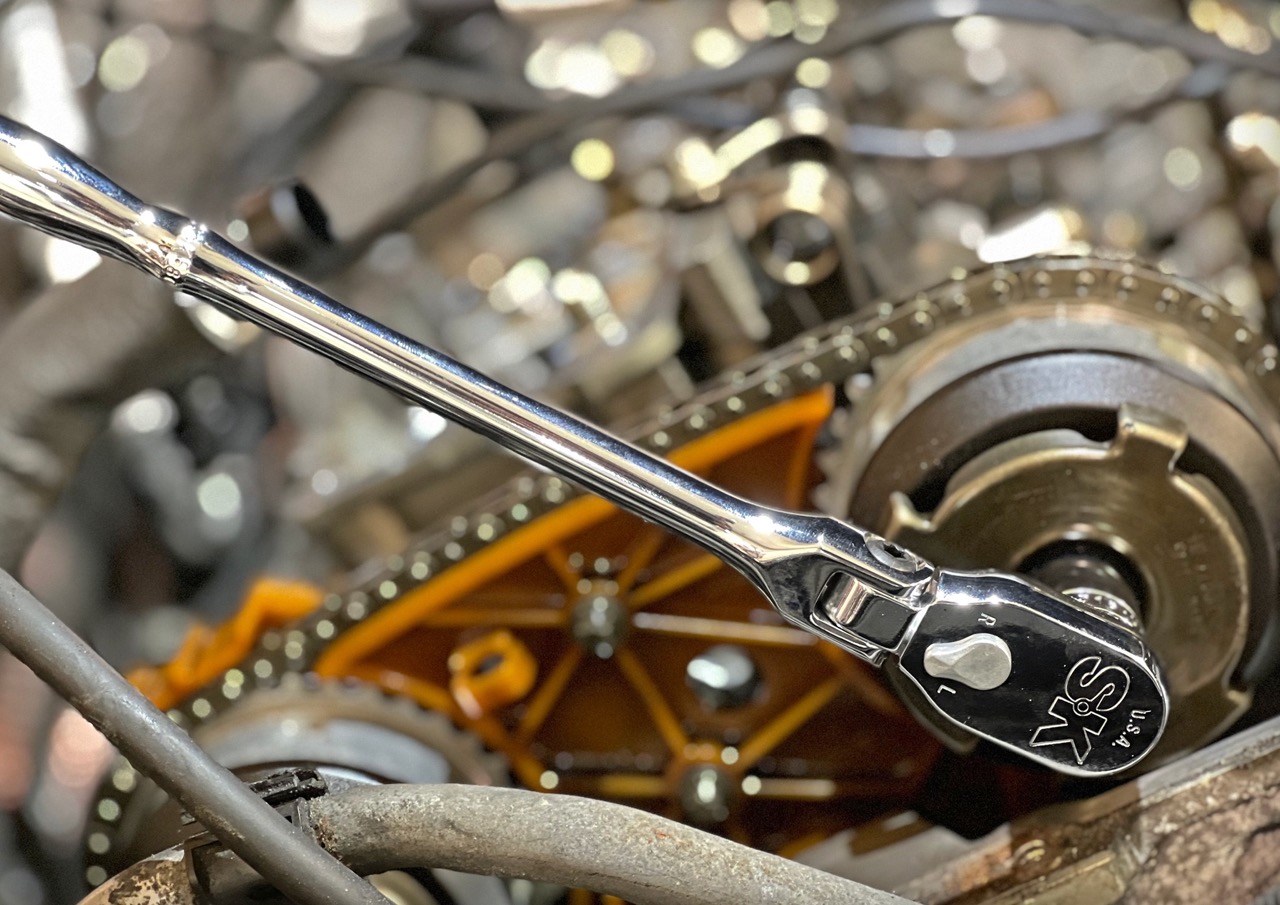
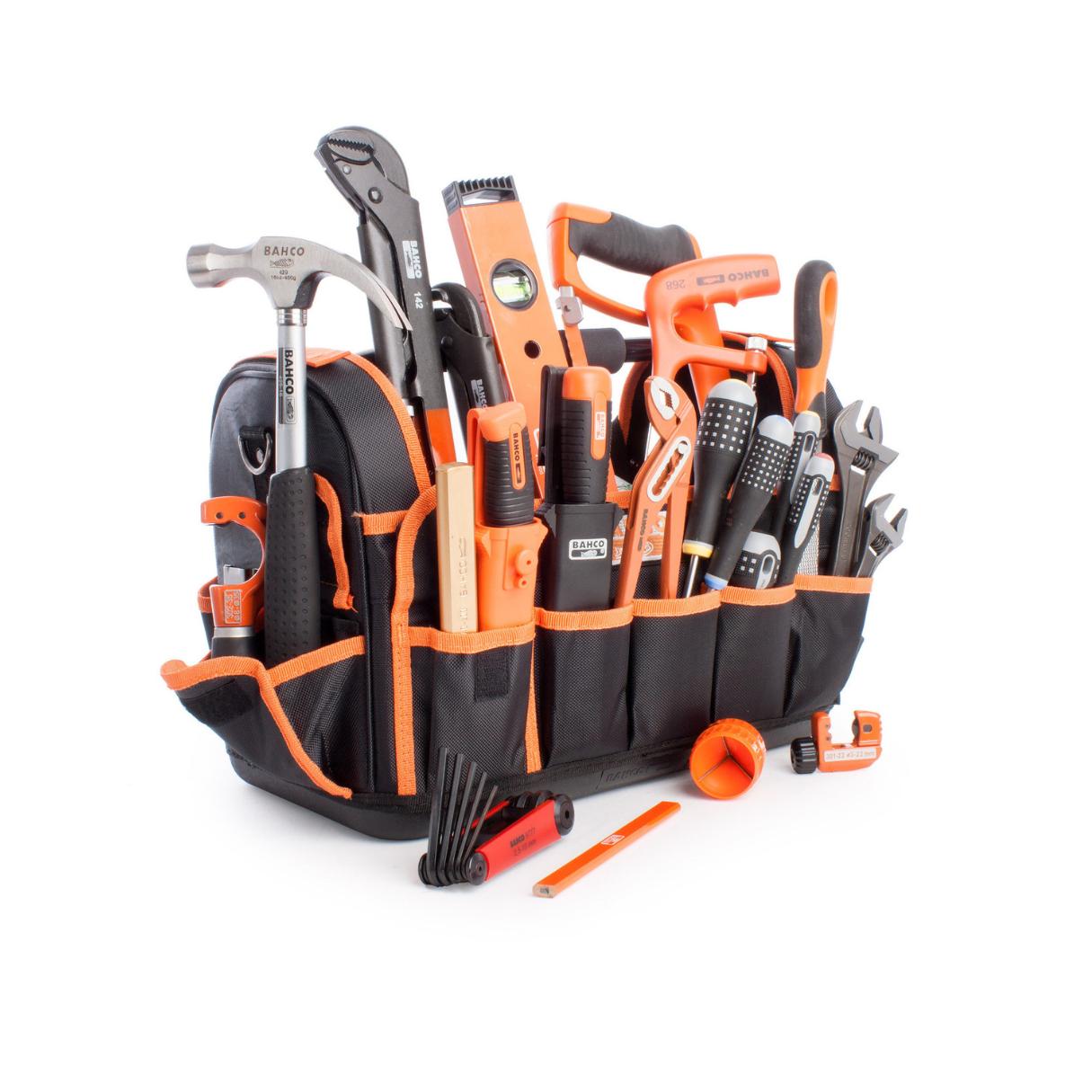
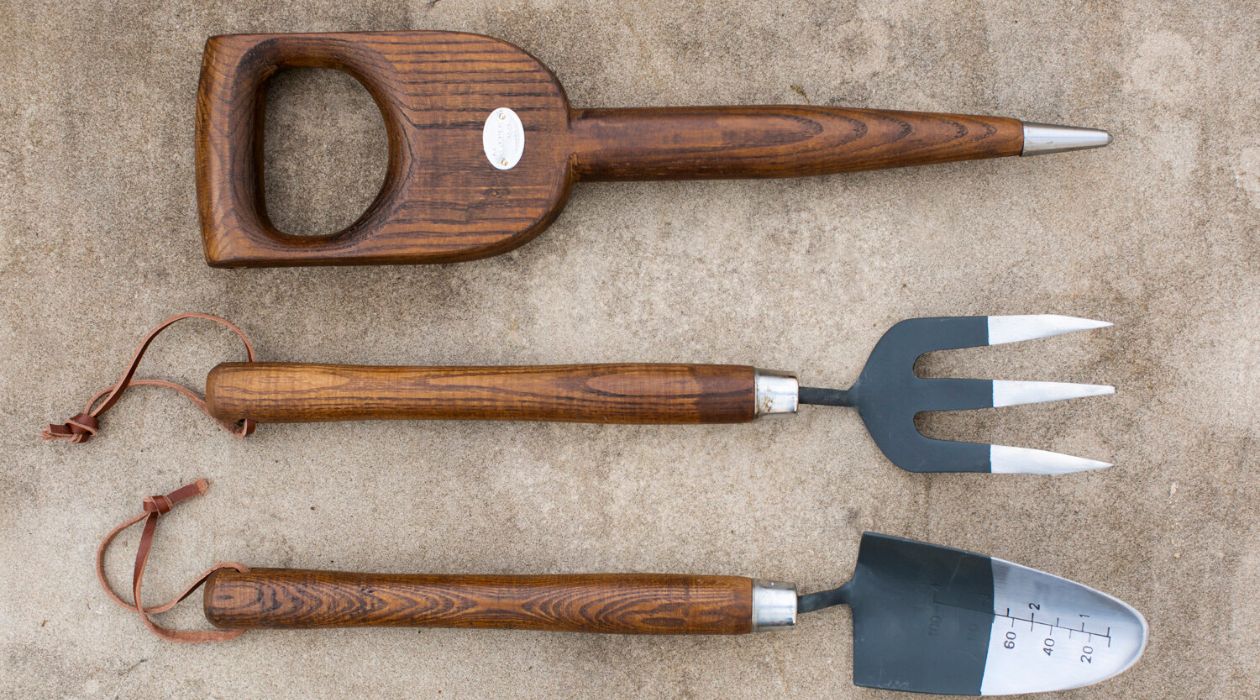
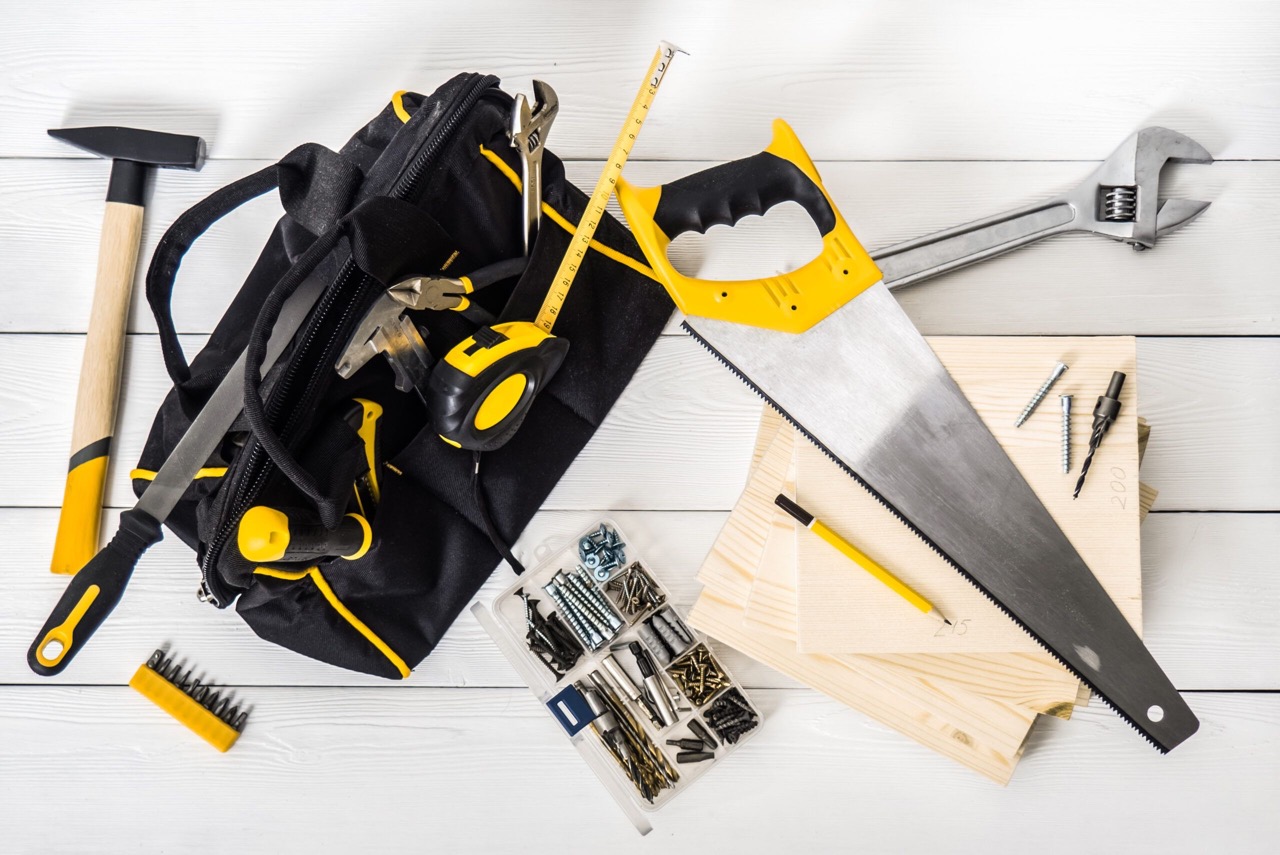

0 thoughts on “What Hand Tools Do I Need For Woodworking”